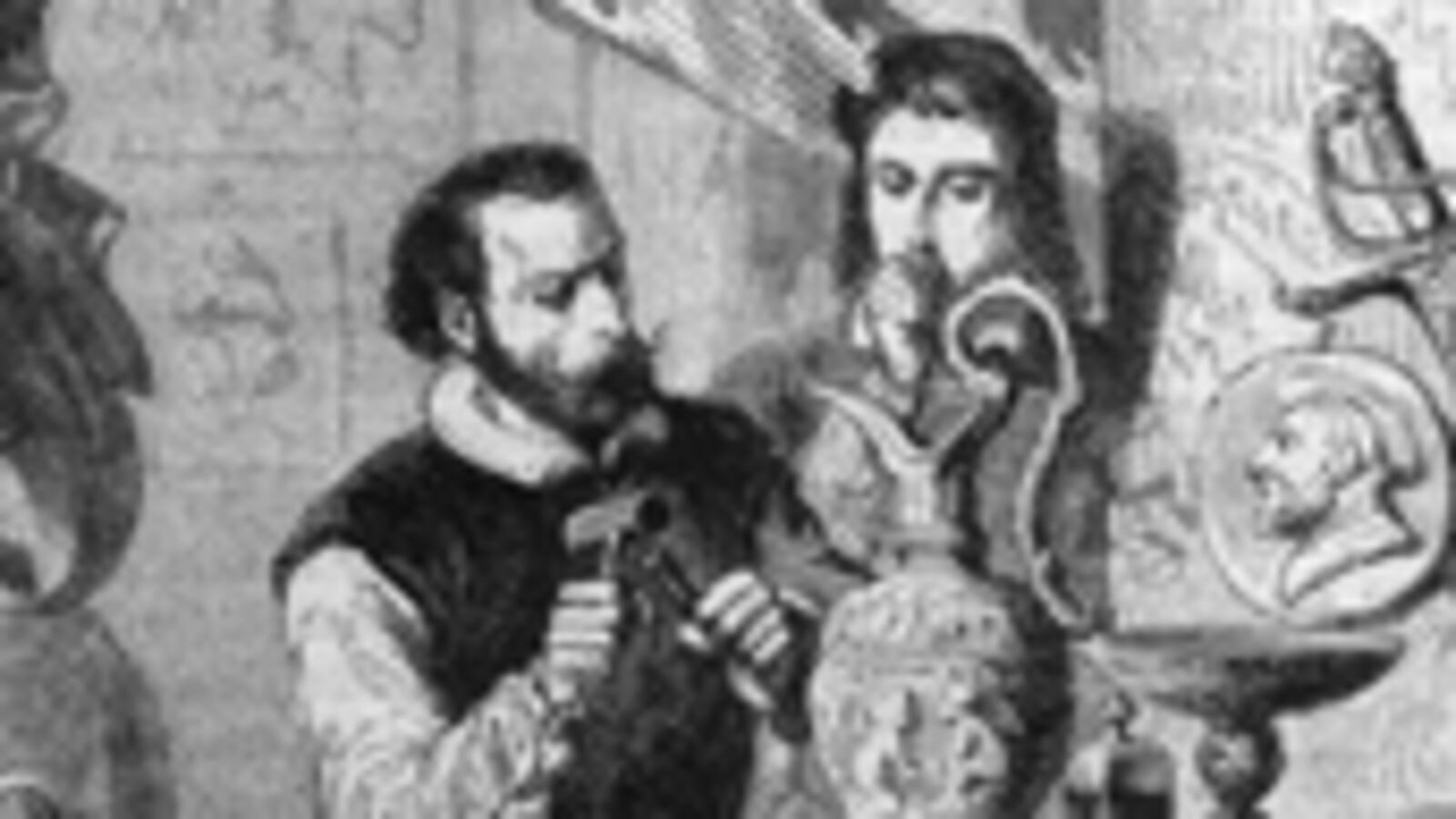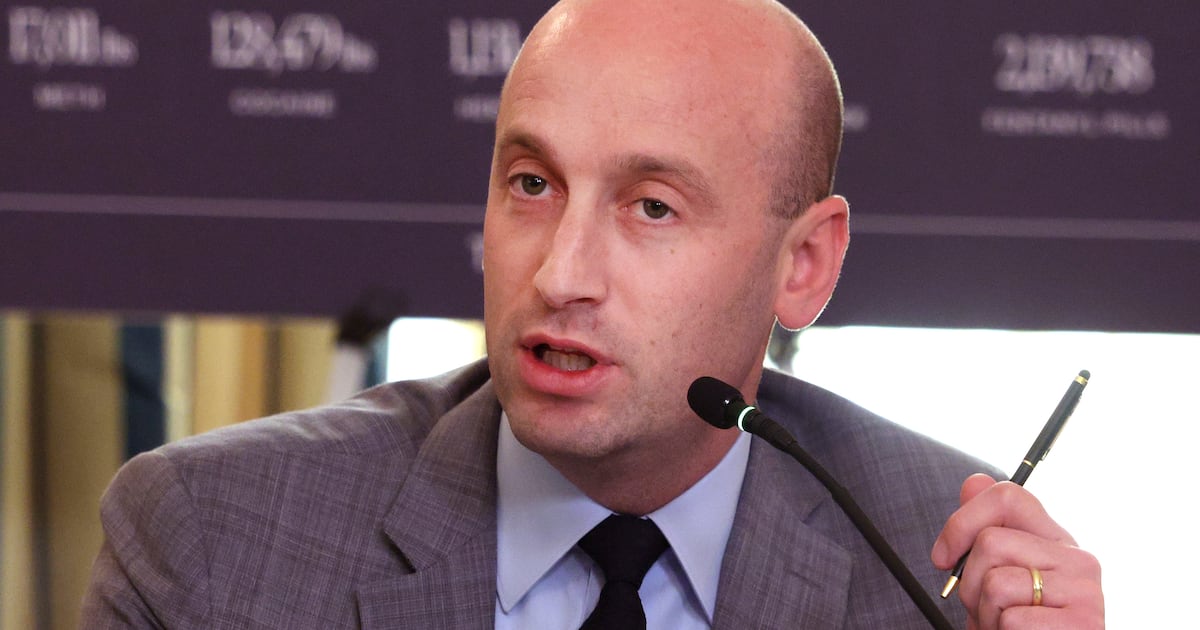
Benvenuto Cellini’s Autobiography, composed between 1558 and 1566, was not the first memoir ever written, but it was the first example of that exalted subgenre, the “tell-all.” Before Cellini, memoirists tended to restrict themselves to professional accomplishments and philosophy. Sexual history, personal relationships, failures of character and profession, and the minor passions and aggravations of daily life were diligently omitted.
From the first paragraph of the Autobiography, it’s clear that Cellini understands he is writing a new kind of book. He begins with a series of instructions to future memoirists:
All men, whatever be their condition, who have done anything of merit, or which verily has a semblance of merit, if so be they are men of truth and good repute, should write the tale of their life with their own hand.
Now this is somewhat misleading—Cellini proves himself neither a man of truth (at one point he describes meeting hundreds of ghosts at a séance held in the Coliseum) nor good repute (he is accused of murder, theft, simony, brutality, and sex “in the Italian fashion,” among other vices). He doesn’t even write in his own hand—he dictated the autobiography to a 14-year-old boy who served as his personal assistant and, most likely, sex toy.
But Cellini’s goal is unprecedented: to record a history of his character as rich and impressive as his achievements in metalwork, painting, and sculpture. In doing so, he created a new literary form, with its own set of rules. These rules continue to be followed to this day, and will be familiar to readers and writers of celebrity memoir. Nearly half a millennium after Cellini’s death, they remain instructive:
Instances of depraved sexual behavior should be recounted in profuse detail, so long as they are justified by a sense of wounded pride.
Cellini regularly kept young women in his home to serve as models. Of one woman, Caterina, he writes: “I keep her in my house chiefly on account of my art—for I must have a model. But since I am a man, I have also kept her for my pleasure; and it may be she will bear me a child.” One day, after returning home from “a party of pleasure in a garden” (he attends these frequently), Cellini discovers that Caterina has been sleeping with one of his assistants. He restrains himself, barely, from executing them on the spot, and instead devises a more intricate act of vengeance. First he forces the two traitors, at dagger-point, to marry each other. Then he rehires Caterina as a model for a fee she can’t refuse. He makes her pose naked in uncomfortable positions for many hours on end; after this he beats her, and they have sex again. “I am wreaking a double vengeance,” writes Cellini, barely suppressing a cackle. “For she is now a wife; and therefore I do him a more serious injury than he did me when she was a mere hussy in my house… not only have I the sweets of revenge, but I get both credit and profit out of her beauty as a model. And what more can I desire?”
Gossip about famous contemporaries. If they are nice to you, be flattering; if not, describe them as physically repulsive.
The writer Luigi Alamanni, who pays Cellini “many apt compliments,” is depicted as “a fine-looking man in face and figure, and had the pleasantest voice,” while the condescending scholar Gabriel Cesano is “just the reverse, being as ugly and disagreeable as possible; and he spoke as he looked.” Of Giorgio Vasari, who devoted only a single page to Cellini in Lives of the Artists, he writes, “I had given him hospitality in Rome and paid his expenses, though he had been a most troublesome guest; for he suffered from a dry skin disease, and his hands were all wasted from continual scratching.” Cellini adds that Vasari had slept with one of his assistants, a young man named Manno, and when Vasari “thought he was scratching himself, he had taken the skin off one of Manno’s legs with his dirty hands, the nails of which he never cut.”
Recount, in gory detail, the many murders you have committed—only make sure to explain that they were motivated by religious zeal.
Cellini claims to have killed, by rough estimate, at least 50 people (30 in a single well-placed artillery blast during the Sack of Rome). He stabs his brother’s murderer in the neck with a dagger; he stabs a rival, the jeweler Pompeo, just below his ear; and he slices another man in two with a shot fired from his gerfalcon rifle. Fortunately his high-placed patron is willing to pardon him: “The pope, raising his hands, made the sign of the cross broadly over my face, gave me his blessing for all the homicides I had committed or ever should commit, in the service of the Church Apostolic.” Absolution gained, Cellini embarks merrily on another murderous rampage.
Do not boast, but attribute self-praise to others.
In his account of a visit with Jacopo Sansovino, Cellini reproaches the Venetian master for excessive pride: “Men of talent, who create things of beauty and excellence, are more easily recognized in the praises of others than in their own complacent boasting.” There is no shortage of boasting in Autobiography, but Cellini is careful to attribute the praise to his patrons. “Benvenuto’s shoes are worth more than the eyes of all those other dull idiots,” he quotes Pope Clement VII as saying. During the presentation of a diamond to Pope Paul III, a courtier exclaims, “This is the most wonderful thing I have ever seen in all the days of my life!” Other jewelers are said to shout, “Benvenuto is the glory of our art, and before his tints we must duly bare our heads.” These jewelers remain anonymous.
Finally, and most importantly, explain that none of your accomplishments could have been possible were it not for divine intervention.
During a prison sentence, Cellini has a miraculous vision of the Holy Trinity. “By the virtue of God I have been deemed worthy to see His glory, which maybe no mortal eye hath ever seen before,” Cellini writes. From that point onward he is a holy man. To prove the point, he explains that a halo materialized over his head, never to vanish, hovering there for all to see. “It is visible above my shadow in the morning,” Cellini writes, “and for two hours after, and still clearer when there is dew upon the grass.”
All hail Saint Cellini! The man can do no wrong. And no memoirist would do wrong by following his example.
Plus: Check out Book Beast, for more news on hot titles and authors and excerpts from the latest books.
Nathaniel Rich is the author of The Mayor's Tongue. He lives in New Orleans.






